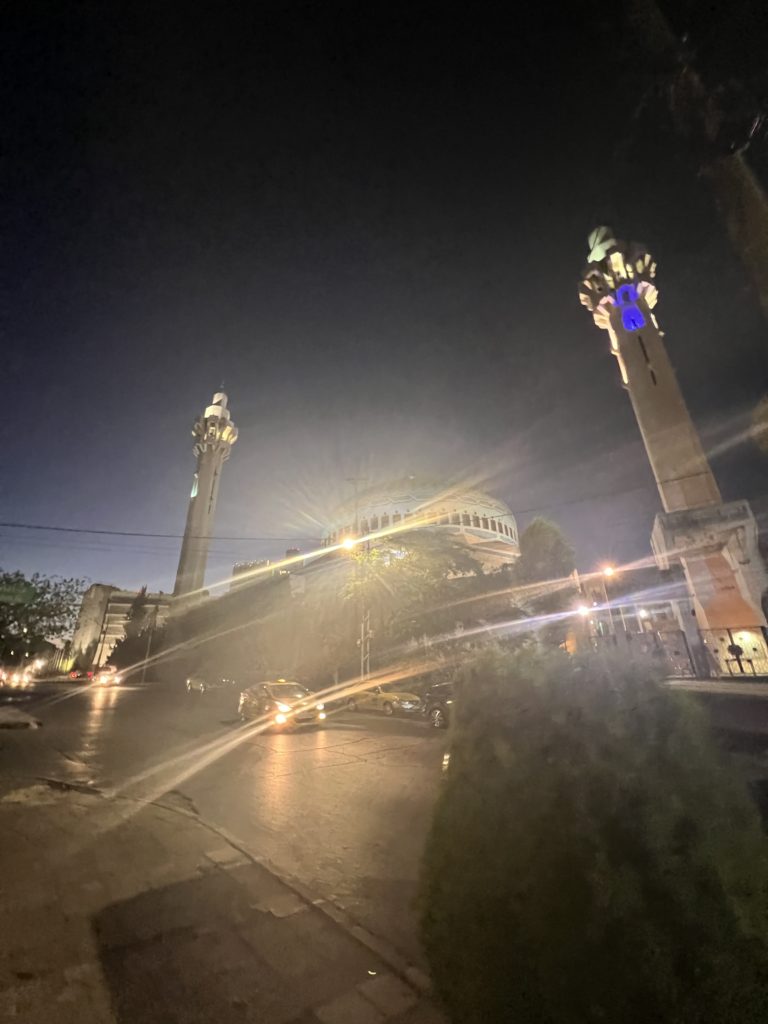
My first week in Yerevan, I was approached by a young man speaking English. While I normally try to avoid strangers approaching me in foreign cities, his English caught my attention and I stopped. I evidently underestimated the amount of English I thought I would hear in Yerevan. He asked if I spoke English. I answered that I did and presumed that he was a tourist asking for directions. He proceeded to tell me his (sob) story about being stuck in the city with no money and asked for cash. It seemed I encountered a “Moshenik” –- a scammer! I declined to give him any and quickly cut off the conversation. Some of my classmates encountered this guy in the same spot, and I even saw him multiple times in the same spot (asking tourists if they knew English) over my two months in Yerevan. He must have been lost in the city with no money for months!😉
While my story is uneventful and could have happened in any city, I found using the DIVE method to analyze it interesting. It is interesting to see how quickly our brains attach significance to the raw inputs we receive through our senses. I am very confident my reading on this situation was accurate, but I could see how this method could help clear up ambiguity or clarify situations where one’s interpretation of the situation was off.
I think D.I.V.E. could be useful when recalling uncomfortable or strange interactions in my daily life. Like most students, I’ve had plenty of awkward interactions with professors and students over my four semesters. I usually find them humorous, but it is easy to read into those encounters and start to believe that there is static between yourself and the other person. Nine out of ten times it just comes down to poor communication. Most of the time one can just forget about their awkward interactions, but for those circumstances one feels like they need to process, D.I.V.E might be useful.
My Scenario:
D: A thin, decently dressed young man wearing converse approached me and asked if I spoke English.
I: He might be another American tourist in the city asking for directions. After her gave me his story, I thought he was a “Moshenik.”
V: Other friends were approached by the same man on the same street and asked similar questions. I saw him in the same location doing the same thing around 2-3 weeks later.
E: I evaluated that he probably was a scammer or panhandler. His story was unbelievable, and we were near many tourist locations.




